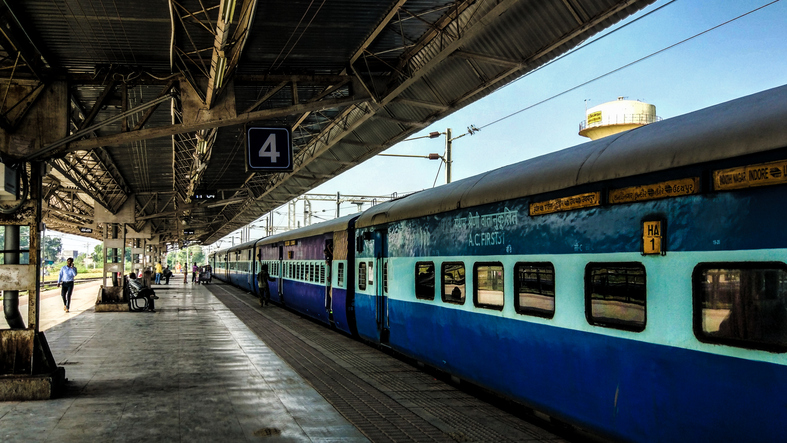In a major step toward ensuring fairness and accessibility in its ticketing system, Indian Railways has launched a wide-ranging digital reform initiative aimed at curbing unauthorized automated bookings. Central to this overhaul is the deployment of AI-powered bot mitigation systems, which have already led to the deactivation of over 2.5 crore suspicious user IDs on the IRCTC platform. This measure has significantly improved access for genuine users, especially during peak booking hours.
As part of its broader digital transformation, Indian Railways has also integrated its ticketing system with a top-tier Content Delivery Network (CDN). This move is intended to enhance website performance and prevent disruptions caused by bot-driven traffic, which previously accounted for nearly half of all login attempts during the critical first five minutes of Tatkal bookings.
The success of these upgrades was dramatically demonstrated on May 22, when IRCTC set a new record by booking 31,814 tickets in a single minute. This achievement underscores the scalability and robustness of the modernized infrastructure, now better equipped to handle massive volumes of simultaneous requests.
To further enhance fairness, Indian Railways has introduced new user authentication protocols. Non–Aadhaar-verified users are now required to wait three days after registration before booking high-demand tickets such as Opening Advance Reservation Period (ARP), Tatkal, or Premium Tatkal. Meanwhile, Aadhaar-authenticated users can continue to book tickets without delay.
These reforms have yielded measurable improvements in overall platform performance. The daily average of user logins has surged from 69.08 lakh in FY 2023–24 to 82.57 lakh in FY 2024–25, representing a 19.53 percent increase. Similarly, average daily ticket bookings rose by 11.85 percent during the same period. E-ticketing has now become the dominant mode of reservation, accounting for 86.38 percent of all reserved tickets.
In addition to backend improvements, Indian Railways has restructured its website delivery, with 87 percent of static content now served via CDN, which ensures faster page loading and reduces server load. The system also employs sophisticated AI tools to detect and block bot activity in real-time. Suspicious user accounts are being actively identified and deactivated, with channels open for public complaints through the Cyber Crime Portal.














